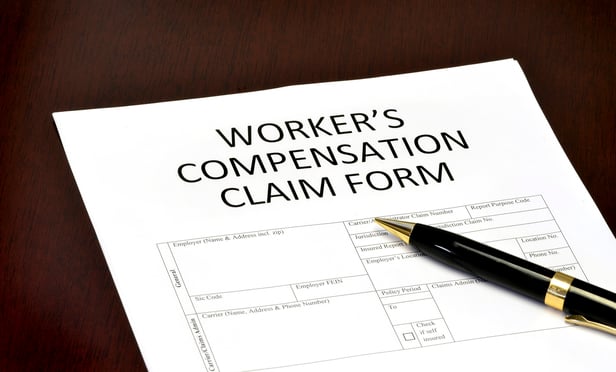It is well settled that when an individual seeks compensation benefits under the Workers’ Compensation Act, he or she exposes himself or herself to an exception to the physician-patient privilege. When a party places his or her physical or mental condition at issue under the act, the privacy right against disclosing private medical information is waived. Much to the detriment of injured workers, this exception has been used by employers to treat company “panel” physicians essentially as they would “independent” medical examiners. They often use the doctors as experts and engage in multiple written and verbal communications, as well as hold lengthy pre-deposition meetings. In theory, the benefit of using a panel doctor as a defense expert is that a treating physician’s opinion is often more valuable than that of a doctor who evaluates an individual on one occasion, and is paid by the employer to do so. That makes the level of control a defendant has over a treating doctor crucial.
At the end of last year, in the matter of Pennsylvania State University v. Workers’ Compensation Appeal Board (Sox), Nos. 454 C.D.2013, 455 C.D.2013, the Commonwealth Court was faced with determining whether this exception to the physician-patient privilege created a carte blanche for insurers and their counsel to manipulate physicians with impunity. Fortunately, the court affirmed that the waiver “does not permit unfettered disclosure, and it does not permit an employer’s counsel to obtain information in any way he sees fit.”



